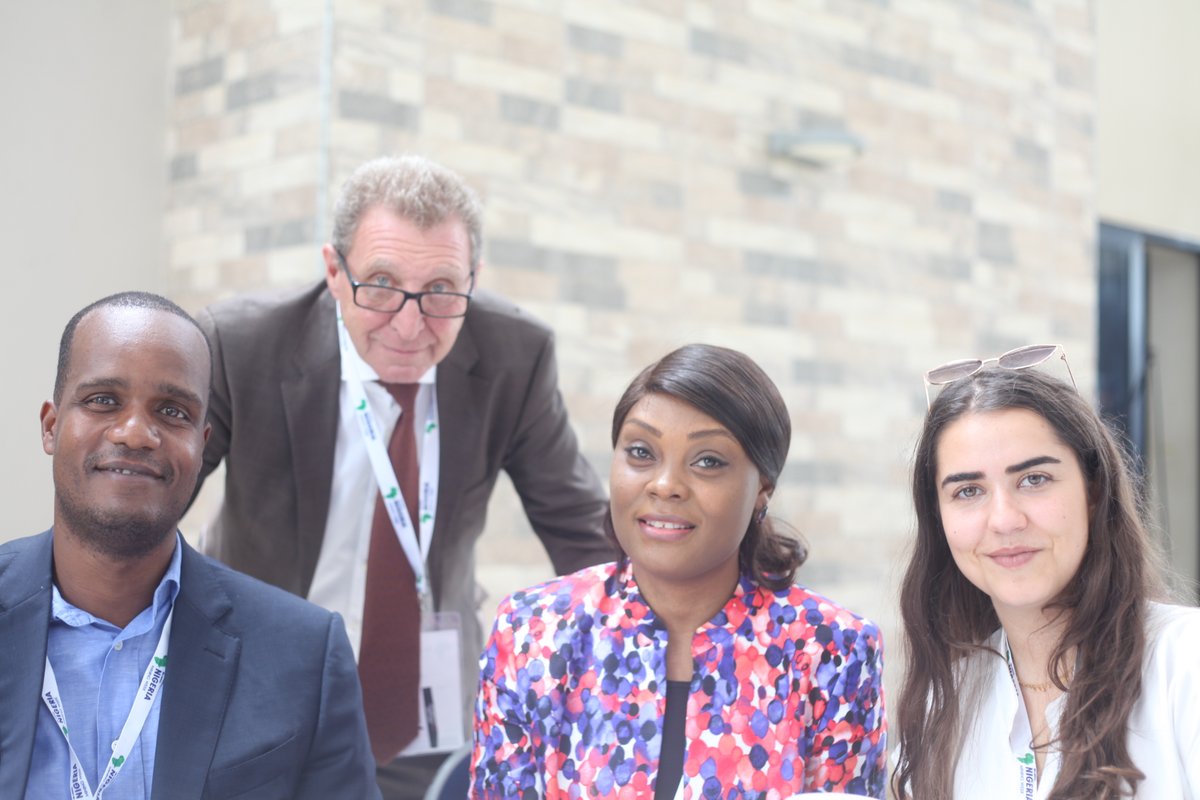The recent groundbreaking for the construction of Nigeria’s first gold refinery, by a Nigerian firm, Kian Smith Trade & Co Limited, in Ogun State has elicited reactions from industry followers.
This is as the Government of Ghana will today, Monday, December 17, 2018, lift the ban on small-scale mining for miners whose mining concessions had been validated and successfully gone through the vetting process.
Though the new factory is expected to begin production from the end of the first half of next year, industry enthusiasts have called for the establishment of Nigerian Gold and Gemstones Regulatory Agency to drive investments in the sub sector.
Some of the analysts say Nigeria should learn from Ghana and South Africa who have good history of Gold sector development.
According to Hussien Ma’aji, a gold speculator, he explained that “It is important to restructure the nation’s gemstone sector before encouraging refineries to avoid issues of production disclosures which are some of the major ways investors rob off government in revenue generation”.
“The way gold and gemstone sector is left unstructured in Nigeria, investors will rely on the porous monitoring arrangements to rip-off the industry.
Ma’aji therefore called on the Federal Government to immediately set up critical agencies charged with the development of gemstone and gold sub sector so as to track and follow all income that should come to the government coffers.
Additional details on the new factory revealed that it would start with a production capacity of three tonnes per month of 99.99 per cent gold and one ton per month production of 99.99 per cent silver.
During the build up to launch, the Minister of State for Mines and Steel Development, Abubakar Bwari, said “The present administration is determined to develop the mining sector to act as a catalyst for sustainable economic growth of the country,” but maintained silence on creation of special agency to drive the sub sector.
Bwari averred that “Part of our marching orders in the mines and steal development ministry is that we are expected to develop the sector to increase its contribution to the nation’s Gross Domestic Product, improve its capacity to create jobs and engender sustainable mining.”
He noted that it was in keeping with his ministry’s mandate that a roadmap was developed for the growth and development of the mining sector.
He recalled that “During the focus labs of the Economic Recovery and Growth Plan of this administration, we discovered that a well-organised gold value chain can trigger an economic revolution as it did in India, South Africa, Switzerland and others,” and added that the ministry had continued to work in this light to develop a gold value chain for the country.
Continuing, he disclosed that “We will be supplying the Central Bank of Nigeria, the jewellery and the electronics industry.”
Also speaking, the Vice Chairman, Kian Smith Group, Nere Teriba revealed that “We have already secured a significant monthly supply of gold from Zamfara, Kebbi, Kwara, Niger, Kaduna, Ibadan, Ile-Ife, and Ilesha and about 100kg per month from other parts of Africa.”
She said the firm was finalising supply agreements and terms from suppliers in Kano, adding, this week; we will be securing supply from Kogi State.
On job creation, Teriba assured that “When completed, the refinery will provide more than 500,000 jobs in two years as it continues to support its suppliers in their bid to become registered business entities in the mining sector.”
Ogun State Governor, Senator Ibikunle Amosu, represented by the Commissioner for Agriculture, Adepeju Adebajo, expressed enthusiasm about the refinery project and averred that it was part of the state government’s industrialisation drive.
Details gathered by Business Hilights Ghana Bureau chief in Accra showed that the Ghanaian government would today publish the names and concessions of licensed miners, who could legally mine in both print and electronic media outlets so that the security agencies could monitor their activities.
The guidelines of the new policy framework would also be published in the media and made available on all the notice boards of the district, municipal and metropolitan assemblies across the country.
However, government was emphatic that illegal mining, otherwise known as “galamsey” is still illegal and that the joint Military / Police taskforce would continue to track them down.
Professor Kwabena Frimpong-Boateng, the Chairman of the Inter-Ministerial Committee on Illegal Mining, announced this in Accra on Friday at the outdooring of Government’s new policy framework on mining, to regularize mining activities in the country.
The Minister noted that due to the gravity of the destruction of the environment by illegal mining, the country would require a colossal amount of $29 billion to reclaim the degraded mined out areas.
The government placed a moratorium on all forms of small-scale mining in March, 2017, for a period of six months and extended it indefinitely after the expiration, in order to have sufficient time to sanitise the mining sector.
Prof. Frimpong-Boateng, also the Minister of Environment, Science, Technology and Innovation, used the occasion to outline the various reforms to be implemented in the new policy framework.
Some of the key components include: Government to provide alternative livelihoods for artisan miners, mining equipment that are not registered and tagged with tracking devices would be confiscated to the state, fabrication and transportation of mining equipment known as “Changfan” would not be allowed.









